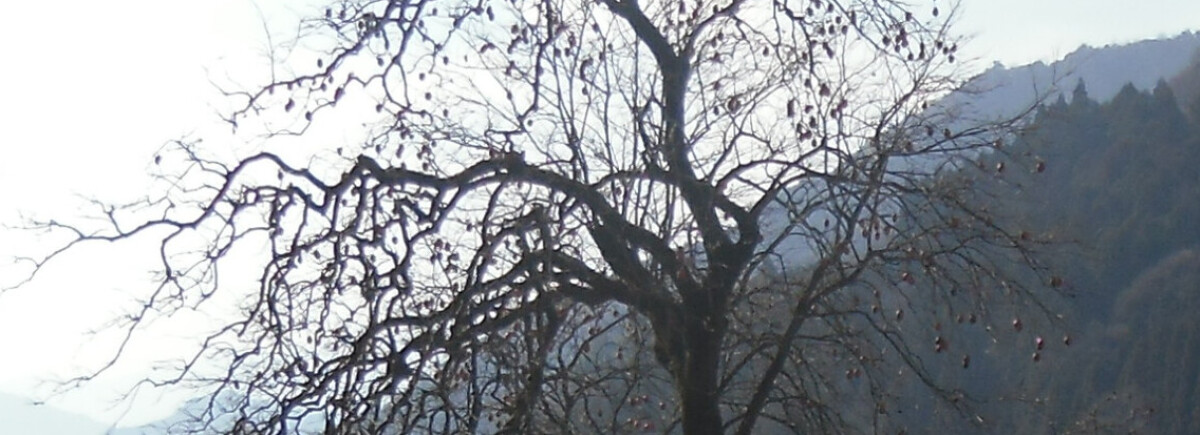Eyes of the Heart (2000)
by Jean-Bertrand Aristide
In 1982 international agencies assured Haiti's peasants their pigs were sick and had to be killed (so that the illness would not spread to countries to the North). Promises were made that better pigs would replace the sick pigs. With an efficiency not since seen among development projects, all of the Creole pigs were killed over period of a thirteen months.
Two years later the new, better pigs came from lowa. They were so much better that they required clean drinking water (unavailable to 80% of the Haitian population), imported feed (costing $90 a year when the per capita income was about $130), and special roofed pigpens. Haitian peasants quickly dubbed them "prince a quatre pieds," (four-footed princes). Adding insult to injury, the meat did not taste as good. Needless to say, the repopulation program was a complete failure. One observer of the process estimated that in monetary terms Haitian peasants lost $600 million dollars. There was a 30% drop in enrollment in rural schools, there was a dramatic decline in the protein consumption in rural Haiti, a devastating decapitalization of the peasant economy and an incalculable negative impact on Haiti's soil and agricultural productivity. The Haitian peasantry has not recovered to this day.
Most of rural Haiti is still isolated from global markets, so for many peasants the extermination of the Creole pigs was their first experience of globalization. The experience looms large in the collective memory. Today, when the peasants are told that "economic reform" and privatization will benefit them they are understandably wary. The state-owned enterprises are sick, we are told, and they must be privatized. The peasants shake their heads and remember the Creole pigs.
The 1997 sale of the state-owned flour mill confirmed their skepticism. The mill sold for a mere $9 million, while estimates place potential yearly profits at $20-30 million a year. The mill was bought by a group of investors linked to one of Haiti's largest banks. One outcome seems certain; this sale will further concentrate wealth-in a country where 1% of the population already holds 45% of the wealth of the country.
...
I see [for the children of Haiti a future] country with 85% literacy, rather than 85% illiteracy. Cooperatives flourish in villages and in the informal sectors of the cities. Water is flowing through the fields of the countryside-where food enough for all of Haiti's people is growing. Creole pigs are seen more and more in the countryside, the descendants of those few that the peasants hid away and saved from extermination. Seedlings are beginning to take root on the mountainsides. The seedlings have a chance at survival because the people are no longer in misery, but are already on the road to poverty with dignity. There are primary schools and health clinics in every municipality of Haiti. The schoolbooks are not just half-price-they are free, in accordance with Article 32.1 of our constitution which promises a free education to every Haitian child.
-
Eyes of the Heart by Jean-Bertrand Aristide#
Aristide #
CreolePigs #
IowaPigs #
WorldBankIMF #
ForeignAid #
JeanBertrandAristide #
EyesOfTheHeart
